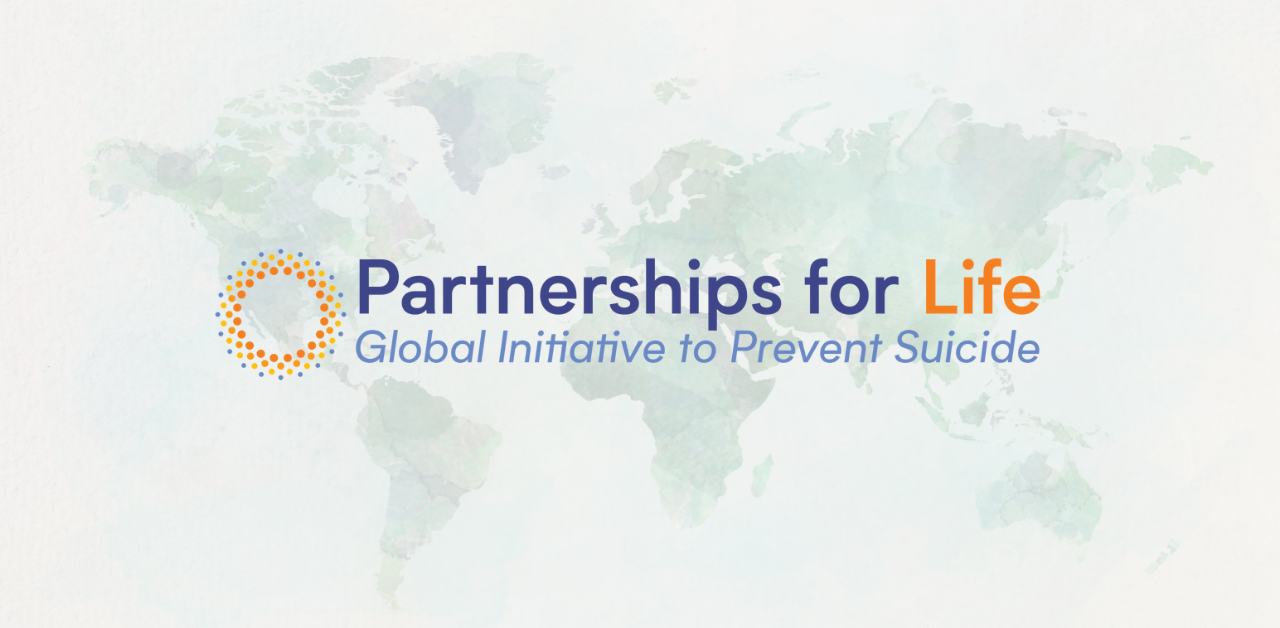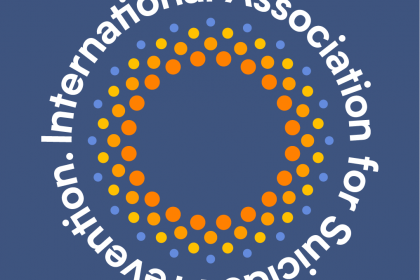Partnerships for Life (PfL) launched its first series of workshops on national suicide prevention strategies in the European region in November 2022. Four workshops, led by Prof. Thomas Niederkrotenthaler (PfL Europe Regional Coordinator) with the support of Prof. Steve Platt (PfL Steering Committee Chair), were delivered in November 2022, February 2023, March 2023, and November 2023. Across the four workshops there were 48 partners from 25 countries that attended. The countries that presented were Armenia, Austria, Belgium, Czechia, Denmark, Estonia, France, Germany, Greece, Iceland, Ireland, Israel, Kazakhstan, Kosova, Lithuania, Moldova, Netherlands, Norway, Poland, Portugal, Romania, Serbia, Slovak Republic, Slovenia, Uzbekistan, Wales, and one autonomous Spanish region (Euskadi). A summary of each country presentation can be found below.
Representatives discussed the current status and circumstances of suicide prevention in their countries and identified challenges in developing and implementing national suicide prevention strategies. Fourteen countries have a national suicide prevention plan and/or strategy. While Belgium and Spain do not have a national plan and/or strategy, the regions Flanders (Belgium) and Euskadi (Spain) do. Common arrangements for countries without a national plan and/or strategy are phone, email, and online chat services for individuals experiencing suicidal thoughts, communicating media guidelines for responsible reporting of suicide, and to a lesser extent, psychiatric inpatient and outpatient care, and/or psychosocial therapies.
In productive and engaging group discussions, partners covered a range of topics and issues relevant to the planning, implementation, and evaluation of national suicide prevention strategies, including:
- When building the movement for national action on suicide prevention, it is important to use a strategic approach that is sensitive to the political, social, and cultural context of the country and the current level of awareness, commitment, and action relating to suicide. Both top-down (government-led) and bottom-up (community-led) approaches should be considered. If there is no acknowledgement of need at government level, a bottom-up approach may be most appropriate. Ideally, both top-down and bottom-up approaches should be pursued.
- Political support is vital to the development of coordinated national suicide prevention programmes founded on a broad public health approach. Several governmental challenges and limitations were identified, including instability and change (in political priorities, key personnel, resources) and short-term planning within government, and poor collaboration and cooperation between government departments and between government and other sectors. Prevention efforts sometimes need to depend on local community groups, NGOs, clinicians and academia to develop and implement programmes.
- Four ideas for increasing awareness at governmental level of the importance of implementing national suicide prevention programmes (where such awareness is lacking) were: (1) provide examples of other countries which can serve as benchmarks/exemplars and refer to relevant statements and policy positions by international bodies (WHO, IASP, etc); (2) undertake and submit to government a situation analysis covering data about the epidemiology of suicide and the status of suicide prevention in the country; (3) commission international suicide prevention experts to seek meetings with key government personnel (ministers and civil servants), with a view to making the case for a comprehensive, strategic approach to suicide prevention; and (4) invite key government personnel to attend PfL workshops (and other, relevant meetings) which make the case for national suicide prevention strategies and action and seek to build the political will to take suicide prevention seriously.
- Funding remains a major challenge. Problems include a lack of, or insufficient resources (including, but not confined to, budget) for implementation of strategies, and/or short-term or time-limited funding, typically linked to a specific project/programme with no guarantee of continuing financial support on a sustainable basis. Working with multi-national companies might be worth consideration.
- Data availability and quality continue to be concerns for partners. This is due to delays in publication of data, and data reliability and completeness. It was recognised that there is a tension between collecting robust data and protecting personal data, particularly in small (national or sub-national) population groups. Sound data are essential for monitoring and evaluation of national strategies, but this requirement is not always treated as a priority.
- Partners indicated that they would welcome advice and support regarding appropriate methodologies for evaluating national suicide prevention strategies.
- It was noted that two systematic reviews, currently in progress and supported by the PfL programme, would provide crucial evidence about the effectiveness of interventions typically included in national strategies and of national strategies as a whole. These reviews will be made available to PfL partners and used to strengthen the quality and impact of national strategies on suicide-related outcomes.
- It was acknowledged that national suicide prevention strategies need to address macro-level factors (‘social determinants’ such as poverty) because of their known impact on the incidence of suicide. However, it was also noted that achieving a positive impact on social determinants of suicide is extremely challenging, since it requires the promotion of a protective social, political, cultural, economic, and physical environment through government action. The appropriate conditions for, and the will to effect positive change in, the social determinants are often absent.
- Terminology and language were noted as a barrier. Partners identified the lack of a consensus on what constitutes a suicide prevention “programme” or “strategy.” Partners argued that definitions of these and other key terms should be agreed, and a standardised nomenclature developed for the PfL programme.
- Partners argued that peer-to-peer support and mentorship (between countries at different stages of developing suicide prevention strategies) can play a valuable role, and should be encouraged, within the PfL programme. They also highlighted the importance of recognising and considering specific cultural contexts and sensitivities when undertaking cross-national collaboration. There is an ongoing debate about whether it is more productive to bring together countries at a similar stage of national strategy development or countries at different stages. Both types of interaction have advantages and should be considered, depending on the purpose of the meeting.
- Partners discussed the importance of sharing expertise and learnings, and identification of useful resources and tools, in connection with the implementation and evaluation of national strategies. The proposed PfL webinar programme is intended to promote these objectives.
- Partners proposed the establishment of networks of experts on a regional or sub-regional basis. To that end, a directory of areas of expertise would be valuable. This initiative would be consistent with the move to establish sub-regional groups within the PfL European region, each led by a coordinator who would belong to an over-arching European Steering Group.
For the full report, including individual country reports, click here.





